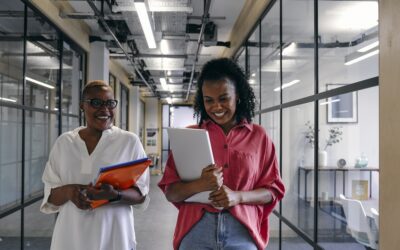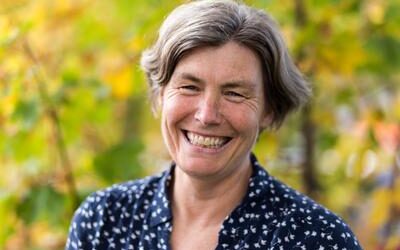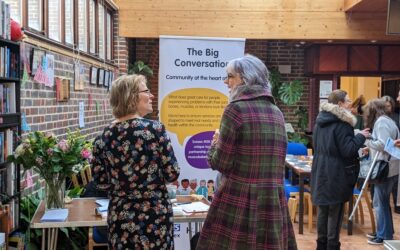Reflections on LGBTQ+ Inclusion: Part one
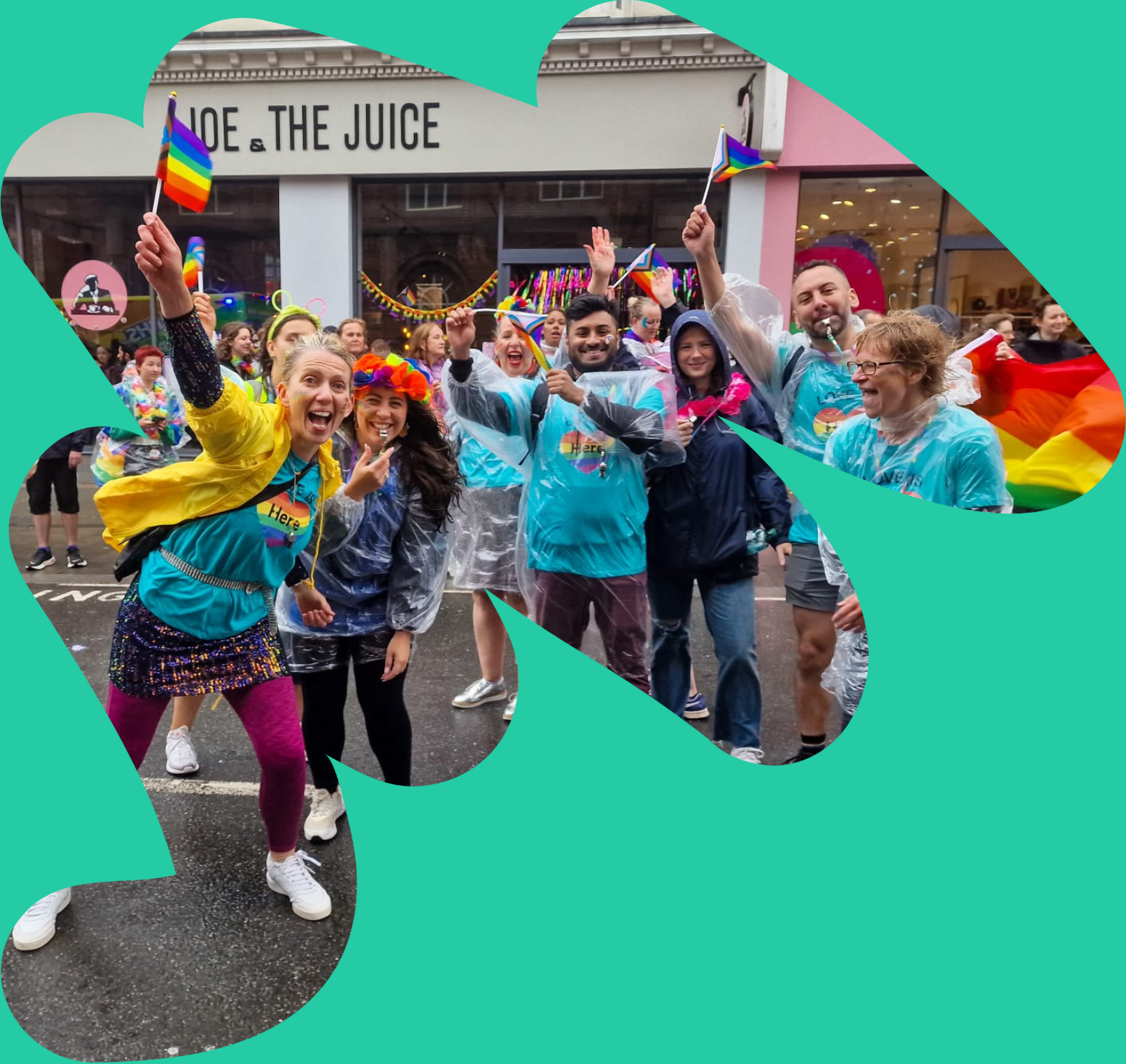
We know that LGBTQ+ people face bigger barriers when it comes to their access and experiences in healthcare and that they have poorer health outcomes.
Furthermore, Stonewall reports that over a third of LGBTQ+ people feel they need to hide who they are at work and one in five feel that being LGBTQ+ limits their job opportunities.
At Here, as part of our Everyone Culture, we have a dedicated workgroup focussed on Health Equity. By working on unearthing and addressing disparities for patients within our services, we can ensure person – centred care, tailored to their individual needs and what matters most to them. This workgroup also promotes inclusion within the workplace.
We know that to move forward we need to listen…really listen… to each other’s lived experiences to be able to make the meaningful changes necessary to ensure everyone feels included and accepted in our organisation.
To make real impact we need to create brave spaces for honest feedback and have a proactive and adaptable environment where we can respond. Our in–house training ‘Here is Learning’ is an ongoing programme which offers inspired, bite sized learning for all staff. The aim of these sessions is to discover different lived experiences broadening horizons and increasing understanding.
Recently, Here delivered a LGBTQ+ Inclusion training session for all colleagues to understand, explore and discuss LGBTQ+ experiences in both the workplace and in healthcare.
John Hammond, from Brighton and Hove LGBT Switchboard and LGBTQ Dementia Support, shared his wealth of knowledge and lived experience with the group. These sessions provided colleagues a space to reflect and share their own lived experiences and feelings around the topic.
Four of our colleagues kindly offered to share their own stories and reflections to highlight both what it’s like to work at Here and the impact of what taking part in these sessions has meant for them.
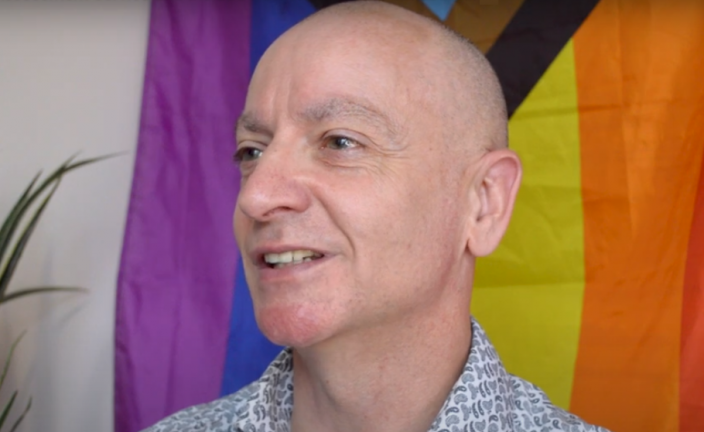
John Hammond, Brighton & Hove LGBTQ+ Switchboard
Phoebe’s reflections
‘Recently I had the pleasure of attending a training session alongside colleagues being hosted by Switchboard. Switchboard is an amazing organisation which provides information, support and advice to people around LGBTQ+ issues.
When I first joined the organisation 10 years ago, I would not have been ready to attend a conversation like this. I can remember one of my colleagues in my first 6 months here, making some passing comment about me being queer and it sent me into a spin. It was accepting and well-meaning, but I denied it vehemently, and awkwardly and then spent months worried that everyone could tell how gay I was. I had all sorts of worries that ran rampant from that one interaction. Would people who I knew outside of work be upset? Was it that obvious that I wasn’t straight? Would it change the way my colleagues interacted with me?
One thing I often hear is that Brighton somehow exists in a bubble of total acceptance. It just isn’t true. Even with one of the largest global pride events, Brighton is not immune to all the other phobias and isms we experience in this country. One thing that I found helpful to explore in this session is the ways it takes a little extra energy to live, work and be part of systems where the default setting and expectation is different to your own identity. And no matter how well-meaning and accepting your colleagues are, we all carry our past experiences with us.
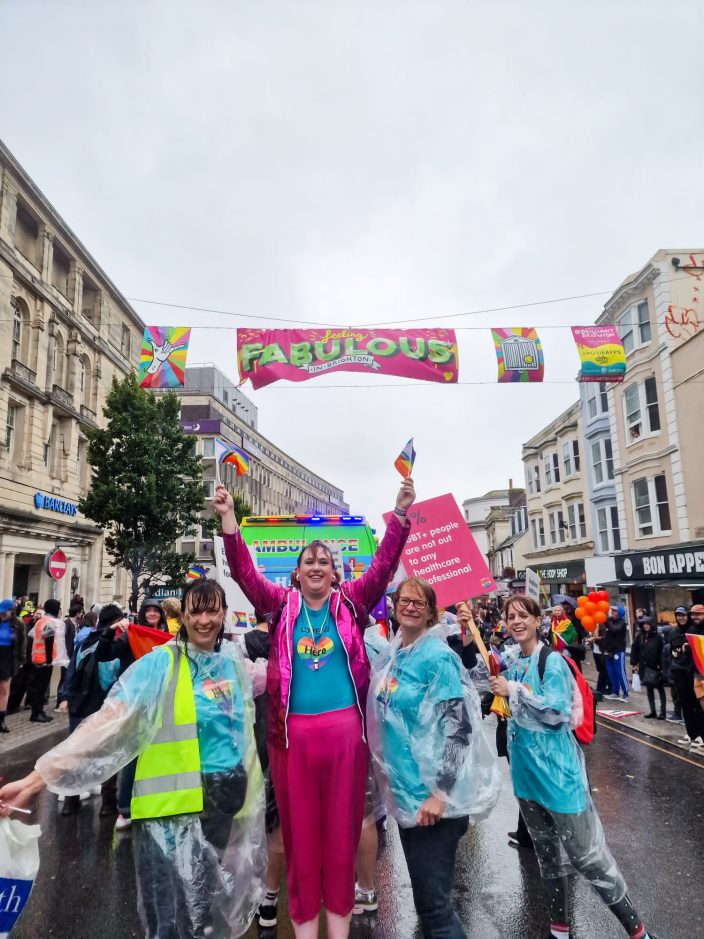
When you carry some of those queer experiences with you, you find yourself having to come out all the time. Whether it is to healthcare professionals, or colleagues or even just someone who asks you how you spent your weekend. It takes mental gymnastics to keep that stuff private, and a level of bravery to be open. And being open as a queer person doesn’t mean you have one big ‘coming out’ and it’s done.
So even though sometimes these types of Inclusivity trainings can be surprising or uncomfortable, I am truly grateful for those of my colleagues who showed up with open minds and hearts.
Having these conversations as an organisation means we are taking one step closer to making our default setting something a little braver and more open.
Sam’s reflections
‘I gained a lot and valued the LGBTQ+ Here is Learning session –
As someone who belongs to the community it really made me happy to see my employer taking being a queer-friendly workplace seriously, and I really enjoyed having an expert like John Hammond from Switchboard speak to us. It also heartened me to see so many of my colleagues attending and joining in too.
Coming into the training, Here is by far the most welcoming and supportive employer to all people I have ever worked for, and I thought I was reasonably knowledgeable about my community, so I was pleasantly surprised to learn so much.
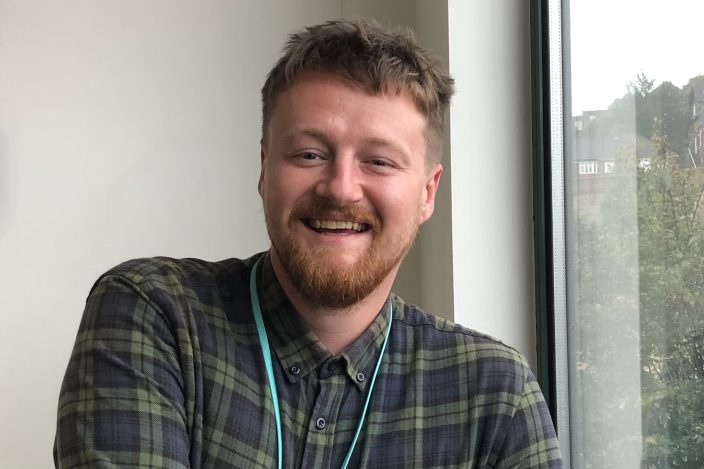
Nor did I recognise some of the struggles colleagues and patients may be facing on a daily basis and what steps can still be taken to make people feel safer at work and to help patients navigate healthcare.
I have an affection towards Switchboard personally as I used their services when I first moved down here during COVID and felt isolated. I was previously involved in the fantastic Dementia LGBTQ+ inclusive work they do with Brighton and Hove Memory Assessment Service (MAS) before I moved over to Sussex MSK Partnership Central (SMSKPC). If ever a similar scheme were to arrive in (SMSKPC) I would love to be involved.
In the meantime, thank you so much John, Switchboard and Here for making this possible.’
Also of interest
What works for Menopause in the workplace? Sharing what we’ve learned
In the space of a week, I attended 3 events that left me with mixed emotions about the future of heath care.
Tokyo… London… Birmingham: Three events, one message – It’s time to rethink healthcare
In the space of a week, I attended 3 events that left me with mixed emotions about the future of heath care.
The Health Builder difference: Redefining patient involvement
At Here, we believe that designing exceptional care means working in true partnership with the people who use our services. In this blog, Health Builder Norman Webster shares how our unique approach puts lived experience at the heart of service design and delivery.
